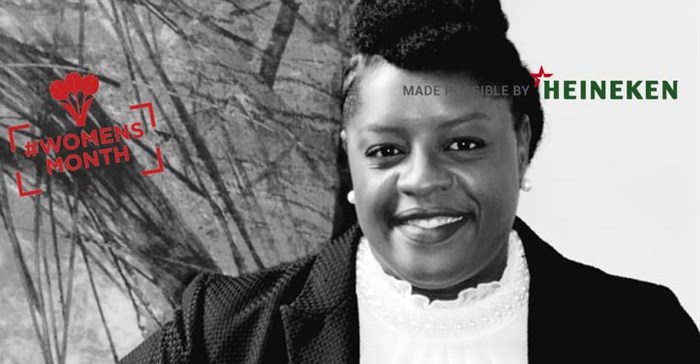The year 2020 has brought with it disruption and upheaval of proportions never before encountered by South African business, affecting both the public and the private sector alike. This "new normal" is necessitating a reassessment of old paradigms and a call for innovative and pioneering approaches. Value chains must be reimagined and rebuilt for sustainability in an increasingly volatile and unpredictable environment.

Cheryl Sambaza
With this uncertainty comes a sharp increase in levels of both systematic and unsystematic risk that cut across all key functions of an organisation’s operations and which must therefore be identified and managed early. A key role player in the management of these risks is the internal audit function.
According to the Institute of Internal Auditors South Africa, the function has evolved into a key player in most organisations and serves as an independent advisor to management and the indispensable right hand of the board of directors. It is for this reason that in the era of Covid-19, internal audit has an even more important role to play on a day-to-day basis. Value can be added in effective risk management, upholding good governance, ensuring compliance is maintained, and challenging obsolete practices that jeopardise the achievement of the entity’s strategic objectives.
Claiming their place at the table
The gender parity gap in the corporate world still prevails across most disciplines, and unfortunately the internal audit profession is no exception. With August being Women’s Month in South Africa, it is an opportune time to pause and reflect on the role that the women in the internal auditing profession are playing in ensuring that internal control environments and governance structures are operating optimally in today’s uncertain environment.
Are enough women taking the lead in the internal auditing profession in South Africa? Are women having multidimensional strategic input into planning, market analysis, compliance, change management and the use of information technology for the optimisation of outputs? When it comes to claiming their seat at the table, raising their voices, and making the required decisions to ensure that organisations continue to be steered in the right direction, are women doing their part?
In my view, the answer is a resounding YES! But much more still needs to done. Internal Audit 360, an independent international platform for the internal auditing profession, reports that the percentage of women in internal audit leadership roles globally has increased significantly over the past three years. Forty percent of sampled chief audit executives confirmed that they were female, compared to only 33% in 2017. Significant progress has also been made locally in bridging the internal auditing gender parity and representation gap. The Institute of Internal Auditors Inc. has recently appointed South Africa’s own Jenitha John as the new IIA Global Chair, a truly formidable achievement.
Such appointments are not surprising considering the research conducted by the Harvard Business Review last year that found that women scored at a statistically significantly higher level than men on most leadership competencies including:
- Resilience
- Taking initiative
- Developing relationships
- Solving problems
- Developing others
- Analysing complex issues, and most importantly
- Displaying high integrity and honesty
Therefore, organisations embracing diversity and recognising the advantage of developing women to take up leadership positions in internal audit departments in South Africa have so much to gain in many areas, including enhanced risk management and internal control, increased audit efficiency and effectiveness, improved employee engagement and the development of a capable and diverse future pipeline of talent for the internal audit profession.
The outlook for women in internal auditing in South Africa looks bright and promising. However, women must not sit back and wait for gender parity and representation to be handed over to them on a silver platter. Women should not merely be satisfied with superficial inclusion and participation when it comes to making important decisions. Women are encouraged to seek to own the narrative, drive policy making and assume the role of active change agents to facilitate and speed up the change they want to see in this profession.













































